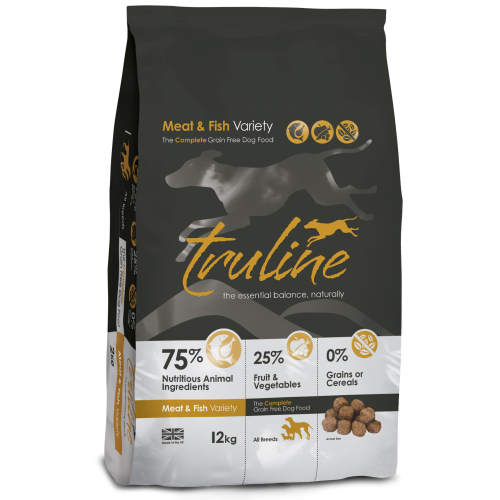As a dog owner, providing your pet with a balanced diet is essential to their overall health and well-being.
In this article, we’ll explore the basics of dog nutrition, including general feeding guidelines and important considerations for keeping your pet healthy.
Understanding your dog’s nutritional needs
Dogs have unique nutritional requirements that must be met to ensure optimal health.
The three main nutrients that your pet needs are protein, fats, and carbohydrates.
Proteins are important for building and repairing tissues, while fats provide energy and support the immune system. Carbohydrates provide energy and fibre for digestion.
It’s also important to note that dogs have different nutritional needs at different life stages.
For example, puppies require a higher amount of calories and protein compared to adult dogs, while senior dogs may need a lower protein diet to support their aging bodies.
General feeding guidelines for dogs
When it comes to feeding your dog, it’s important to keep in mind that their needs will vary based on their age, weight, and activity level.
Here are some general feeding guidelines to keep in mind:
Feed your dog twice a day, at regular intervals.
Provide a balanced diet that meets their nutritional needs, including protein, fats, and carbohydrates.
Avoid overfeeding, which can lead to obesity and other health problems.
Offer fresh, clean water at all times.

Choosing the right dog food
With so many dog food options on the market, it can be difficult to know what to choose.
Here are some things to consider when selecting the right food for your pet:
Look for high-quality protein sources, such as chicken, fish, or lamb.
Choose a balanced diet that meets your dog’s specific nutritional needs.
Avoid fillers, such as corn and wheat, which can be difficult for dogs to digest.
Check the ingredients list for any potential allergens, such as soy or dairy.
Supplements and special considerations
In addition to a balanced diet, there are certain supplements and special considerations that can help keep your dog healthy.
For example, adding a daily joint supplement can help support joint health, especially in older dogs.
Other supplements, such as probiotics, can support digestive health.
It’s also important to note that certain breeds may be more prone to certain health problems, such as hip dysplasia or allergies.
Work with your veterinarian to determine if any additional supplements or special considerations are necessary for your pet.
At a glance… ?
Provide the best quality food that you can afford
Dogs need different types of food depending on their age, health and activity levels
Meat based protein is vital – vegetarianism is not suitable for dogs
Look for high quality meat sources – avoid filler and grains
Importance of a balanced diet
A balanced diet is essential for keeping your dog healthy and preventing certain health problems.
A balanced diet provides the right amount of nutrients, including protein, fats, and carbohydrates, in the right proportions to meet your dog’s specific nutritional needs.
In addition, a balanced diet provides the right amount of calories to maintain a healthy weight and support overall health.
Benefits of feeding a homemade diet
In addition to commercial dog food, feeding a homemade diet can also be a great option for providing proper nutrition for your pet.
Homemade diets allow you to control the quality and type of ingredients, and can be tailored to meet your dog’s specific nutritional needs.
When feeding a homemade diet, it’s important to work with a veterinarian or veterinary nutritionist to ensure that it meets all of your pet’s nutritional requirements.
Understanding ingredients in commercial dog food
When choosing commercial dog food, it’s important to understand the ingredients list and what each ingredient provides for your pet.
Some common ingredients in dog food include meat, grains, vegetables, and fruits.
It’s also important to look for high-quality ingredients, such as whole meat rather than meat by-products, and to avoid fillers, such as corn and wheat, that can be difficult for dogs to digest.
High quality meat based dog foods






Factors that affect dog food selection
There are many factors that can affect the type of dog food you choose for your pet, including age, weight, activity level, and health conditions.
For example, puppies require a higher calorie diet to support their growing bodies, while senior dogs may need a lower calorie diet to prevent obesity.
It’s also important to consider any health conditions, such as food allergies or sensitivities, when choosing dog food.
Final Words
Providing proper nutrition for your dog is essential for their overall health and well-being.
By understanding the basics of dog nutrition and working with your veterinarian, you can ensure that your pet receives a balanced diet that meets their unique needs.
Whether you choose to feed commercial dog food or a homemade diet, make sure to choose high-quality ingredients and consider factors such as age, weight, and health conditions to provide the best possible nutrition for your pet.










